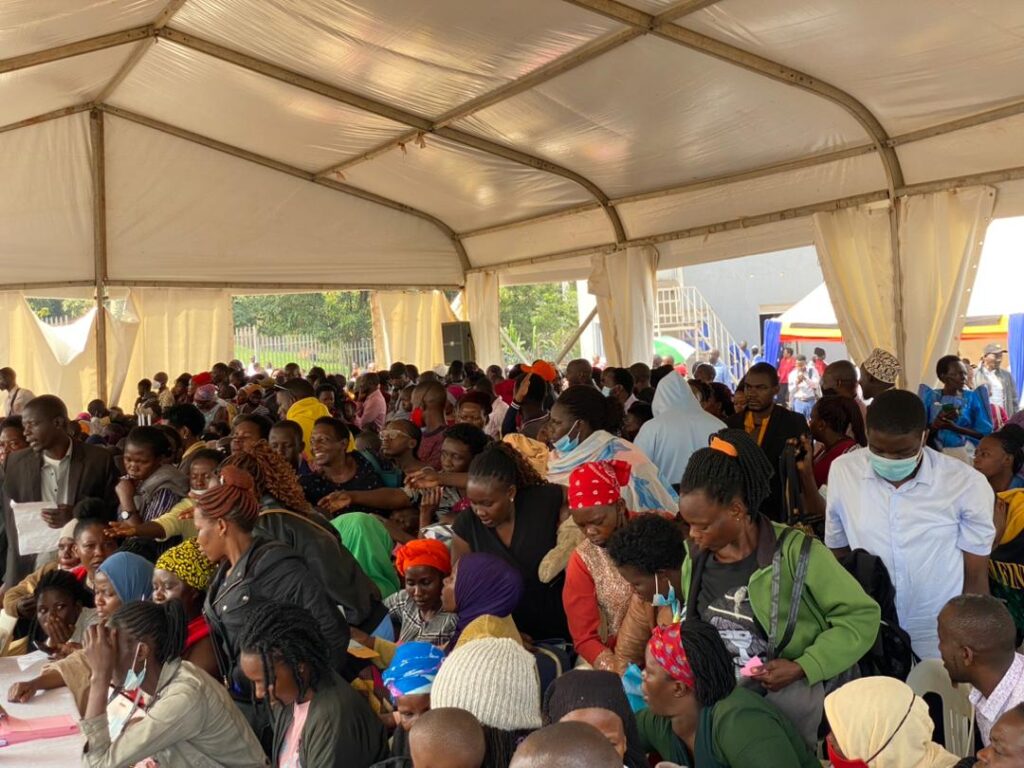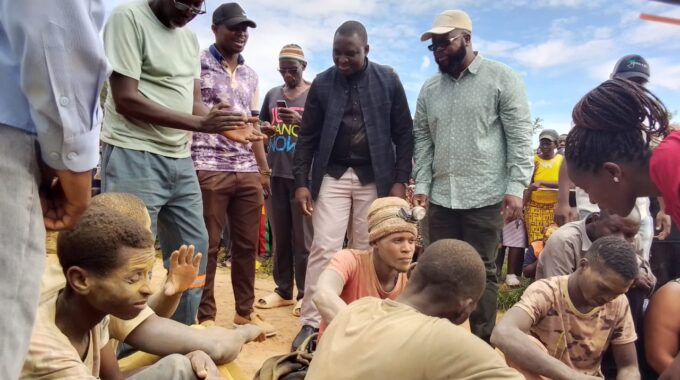Uganda, often referred to as the “Pearl of Africa,” is facing a mounting public health crisis as its disease burden continues to rise, with climate change emerging as a significant contributing factor. The East African nation, known for its diverse ecosystems and rich biodiversity, is experiencing the direct and indirect impacts of a changing climate, leading to the proliferation of diseases that pose a threat to both human and animal populations.
One of the most pressing concerns in Uganda is the increased incidence of vector-borne diseases such as malaria, dengue fever, and West Nile virus. Rising temperatures and changing rainfall patterns have created favourable breeding grounds for disease-carrying mosquitoes, expanding their geographic range and intensifying transmission rates. Communities that were once considered low-risk areas are now grappling with the burden of these diseases, putting a strain on the already fragile healthcare system.
Malaria, in particular, remains a major public health challenge in Uganda. With over 90% of the population at risk, the country accounts for a significant portion of global malaria cases and deaths. Climate change-induced factors such as warmer temperatures and altered rainfall patterns have not only prolonged the transmission season but also created conducive conditions for mosquito breeding. The increased frequency and intensity of extreme weather events, including floods and droughts, further exacerbate the situation by disrupting malaria control interventions and leading to population displacement, which facilitates disease spread.
Beyond vector-borne diseases, climate change is also linked to other health concerns in Uganda. Waterborne diseases like cholera and typhoid are on the rise due to the contamination of water sources during heavy rainfall or flooding events. Prolonged droughts and changing precipitation patterns also contribute to water scarcity, compromising proper sanitation and hygiene practices, which in turn increases the risk of diarrheal diseases.
Furthermore, climate change affects agricultural systems and food security, indirectly impacting public health in Uganda. Erratic rainfall patterns, prolonged dry spells, and increased pest infestations pose significant challenges to crop production and livelihoods, leading to malnutrition and vulnerability to diseases. The resulting food insecurity can weaken immune systems, making individuals more susceptible to various illnesses.
Recognizing the urgency of addressing this emerging crisis, the Ugandan government, in collaboration with international partners, is taking steps to mitigate the impacts of climate change on public health. Efforts include strengthening disease surveillance systems, improving access to healthcare services, and implementing climate-resilient agricultural practices. Additionally, initiatives are being undertaken to raise awareness about the links between climate change and health, empowering communities to adapt and build resilience.
However, addressing Uganda’s rising disease burden linked to climate change requires a multi-sectoral and collaborative approach. It necessitates increased investment in healthcare infrastructure, research, and technology, as well as policy interventions that prioritize climate change mitigation and adaptation. International support and funding are vital to enable the country to implement effective strategies and build capacity to tackle these interconnected challenges.
Uganda’s rising disease burden is a stark reminder of the profound impact climate change can have on public health. Urgent action is needed to mitigate the effects, protect vulnerable communities, and secure a sustainable future for the people of Uganda. Only through concerted efforts, both locally and globally, can we hope to address this pressing issue and protect the health and well-being of Uganda’s population.
Source: NilePost









No comment yet, add your voice below!